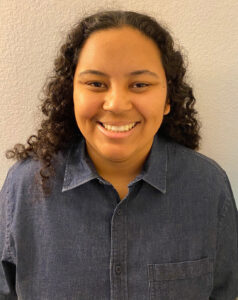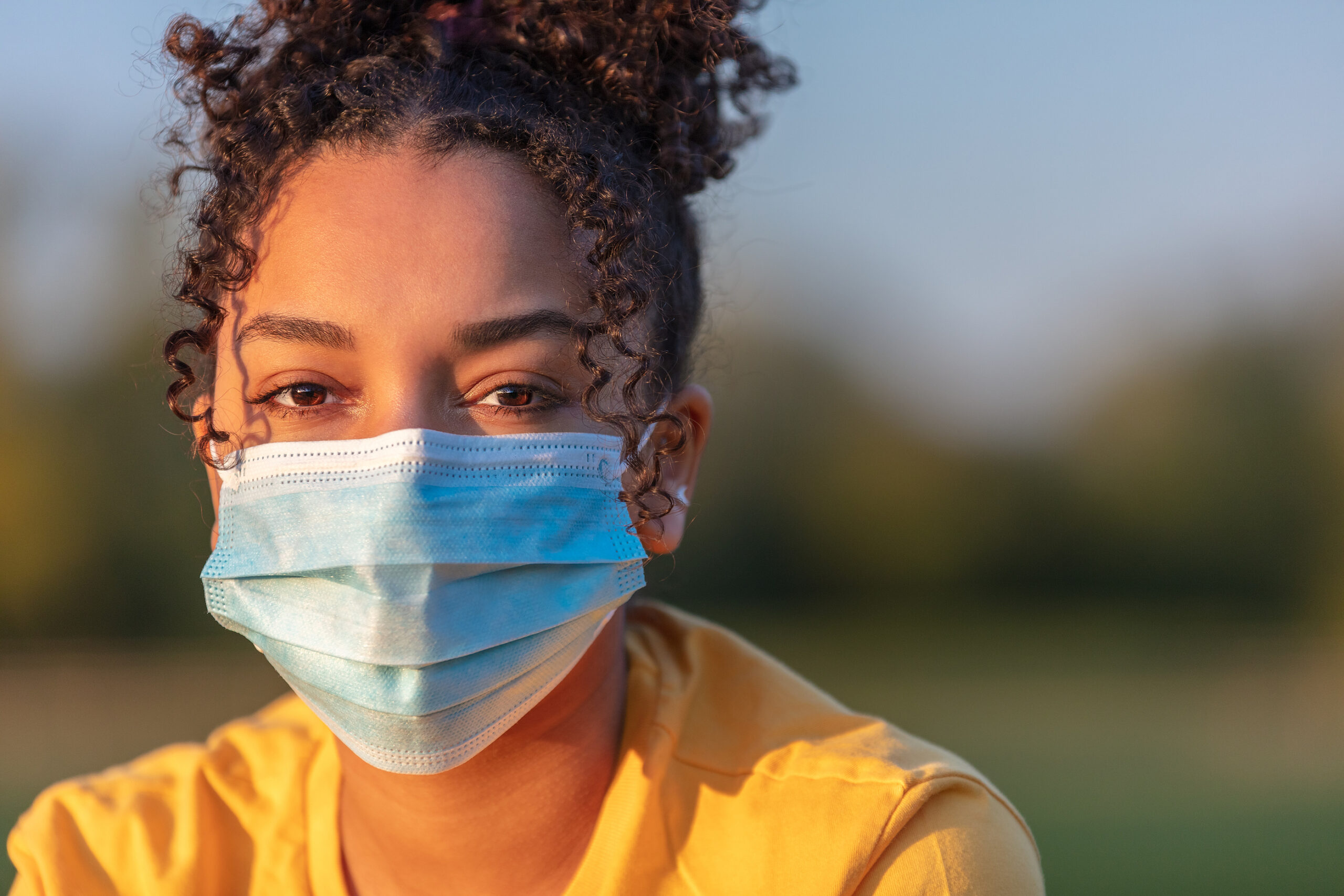Stress is defined as “a state of mental or emotional strain or tension resulting from adverse or very demanding circumstances”, and during a global pandemic, to say we are all under some amount of stress would likely be an understatement. This is no less true for the young people in our communities.
Adolescence is typically a time for being social, exploring the world through doing, and gaining an understanding of one’s sense of self. However, due to the state of the world, all of these things and the way we normally do them have been interrupted. Not only are teens coping with the stress that comes with one’s academic career, but they are also managing social life, family life, and the seemingly endless cascade of instant knowledge about world events and turmoil.
Of course, there are good kinds of stress that we experience, what we would call eustress. Eustress is what motivates us to try new things, it’s the rush we get when planning something fun with friends even if it’s a little tricky to coordinate, eustress helps us gain new skills and is typically manageable with our usual coping skills.
Things start to get difficult when we experience distress, which causes anxiety, decreases our ability to perform tasks, and is viewed as outside of what we can handle. Distress can be short or long term, but either way it can leave us feeling fatigued and unprepared to handle what comes our way. At a time when people are doing their best to cope with multiple forms of stress at once, this becomes particularly insidious, especially for teens.
Even in the best of times, it can be difficult for adults to know what the difference is between normal changes that come with being a teenager and when to start being truly concerned about a teen’s mental health. While there is no singular marker that can tell us when people need help outside of what friends and family can provide, we do know that just like with any other health problem, mental health outcomes are better when addressed early on.
Stress, both positive and negative, is unavoidable in life, much less during such turbulent and historic times. However, these stressors do provide us the opportunity to strengthen the bonds of family and friendship, to create new community networks, and they allow us to take care of ourselves in ways we may have been putting off beforehand. This should include reaching out to a professional when you are concerned about yourself or a loved one who may need more support.
If you are unsure where to seek extra support, here are a few places to start: your primary care provider; the behavioral health line on your medical insurance card; NAMIoc Warm Line text/call 714-991-6412; calhope.org (833) 317-HOPE (4673); and the Wellness & Prevention Center info@www.wpc-oc.org, 949-680-0516.

Sophii Sandoval, ACSW is a San Clemente native and the Lead Therapist at the Wellness & Prevention Center.
